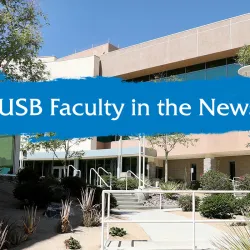
Thomas McWeeney (public administration) discussed an upcoming program on school shooter prevention, Brian Levin (criminal justice) commented on an NFL team owner’s campaign against antisemitism, Jess Nerren (communication studies) was interviewed about her research into disability inclusion, and Mark Agars (psychology) was part of a team that published a study on flexible work schedules for shift workers.
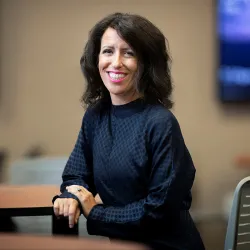
Through her research, Jess Nerren, full-time lecturer of communication studies, hopes to develop inclusive research practices and work with individuals with autism in developing new critical theories and research methodologies.
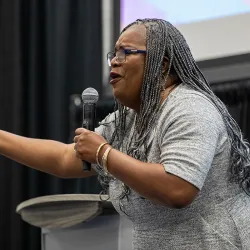
Kim Carter, founder and ambassador of Time for Change Foundation, is a community activist who has received more than 200 accolades and whose personal story was told in the 2022 film, “Tell It Like a Woman,” played by Jennifer Hudson.
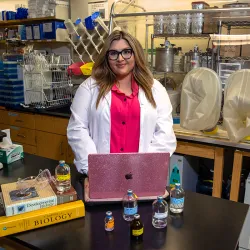
Biology major Ally Bledsoe is working hard to become a pediatric oncologist and hopes to someday find a cure for cancer.
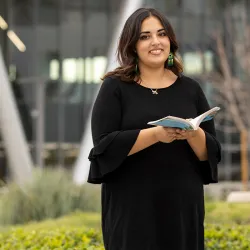
Savannah Hull is heavily involved in the CSUSB community and helps others through her work as a social work major, a resident assistant and a student assistant at the First Peoples’ Center.
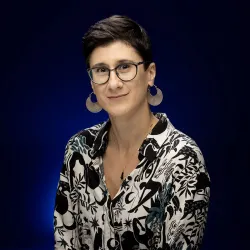
Lúa López, assistant professor of biology, uses mixed method research, which, although complex and demanding, provides a more multidimensional approach in her study in the rapid environmental response in plants in light of climate change.
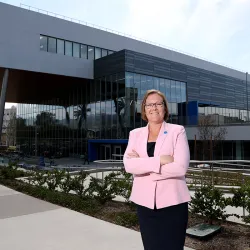
Jennifer Sorenson, senior associate vice president for Facilities Planning & Management, credits her upbringing with providing the mindset to choose a career area that interested her, regardless of gender.
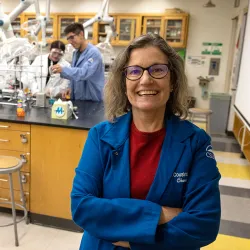
When asked what motivates CSUSB professor of chemistry Kimberley Cousins, her answer is simple. “Our students,” she says.
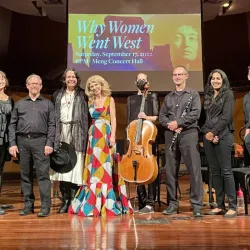
“Why Women Went West” is a multi-media chamber opera that tells the unfolding narrative of a sole woman protagonist, Mary Hunter Austin, and her journey west. The performance is free and will be presented at RAFFMA on March 9 at 5 p.m.